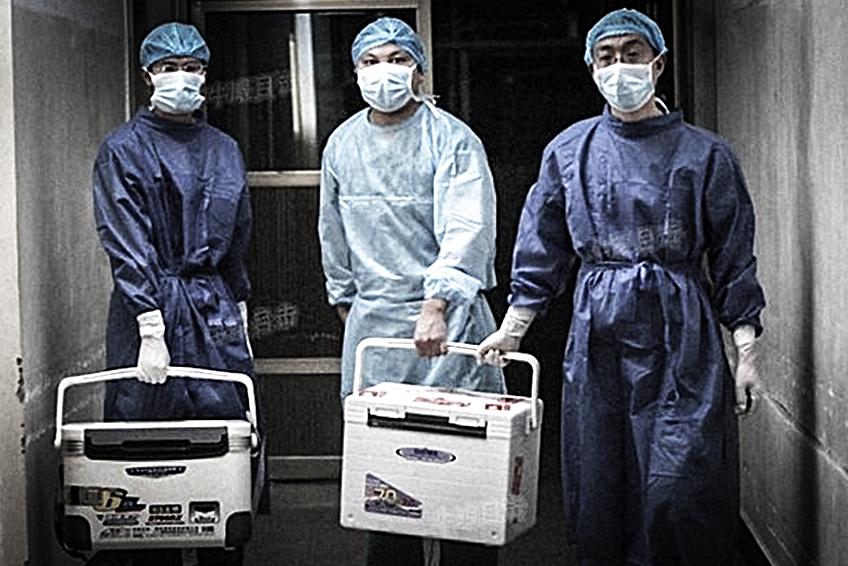The bill would also amend the Immigration and Refugee Protection Act to deny a permanent resident or foreign national access to Canada if they have engaged in activities relating to the trafficking of human organs.
The bill passed second reading in the House of Commons in May and was presented to the Foreign Affairs Committee for review, which held a private hearing on Nov. 23 to consider the legislation. The bill will have passed the committee and automatically return to the House on Nov. 28.
‘15 Years in the Making’
Conservative MP Garnett Genuis, who serves as his party’s shadow minister for international development, said he is confident that the bill will be passed, adding that it has come a long way since Parliament first sought legislative measures to combat forced organ harvesting and trafficking in 2008.“This bill has been 15 years in the making. It was Canadians who really identified the problem of forced organ harvesting and trafficking and exposed it to the world, and yet our country is taking so long to finally legislate on this issue,” Genuis told The Epoch Times on Nov. 23.
“I’m very optimistic, though, that with this automatic reporting coming to the House, this bill will become law in Canada before the end of the year. And we’re going to work towards making that the result.”
Organ Harvesting
After The Epoch Times broke the news in 2006 that the Chinese Communist Party (CCP) was involved in forced organ harvesting for profit from adherents of the spiritual practice Falun Gong in China, human rights activists approached former MP David Kilgour and asked him to investigate the alleged crime.Benedict Rogers, a renowned British human rights activist and journalist, said the work of the 2019 China Tribunal—an independent tribunal that investigated the allegations of forced organ harvesting from Falun Gong prisoners of conscience in China—chaired by Sir Geoffrey Nice, was pivotal in further exposing the CCP’s organ harvesting crimes.
“I think that tribunal is an incredibly important tribunal because ... it’s an independent body, chaired by a very distinguished lawyer, saying that this barbaric practice is happening in China on a widespread level, and it is a crime against humanity,” Rogers told The Epoch Times on Nov. 23.





